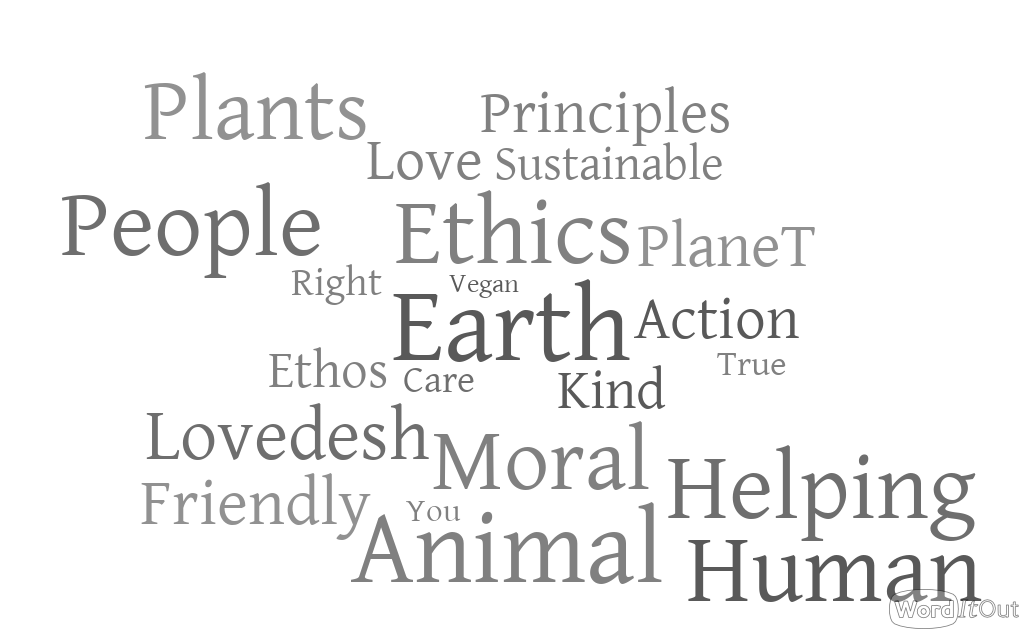
Fashion & Beauty Ethics
We do not change or photoshop, body or face, of any of our models or ambassadors photos.
Beauty must be inclusive, so it applies to all races, gender, ages, disabilities, colours and sizes.
On our shoots, our first choice is to always try and use vegan and animal cruelty free beauty products.
Worker Ethics
We do not accept the current definition of using the word ‘fair trade’ until there is a standardised global living wage is being paid to all workers in all sectors.
We combat modern day slavery/sweatshops by paying better
We pay minimum living wage and plan to further boost incomes with our profits.
We aim to fund a worker welfare fund.
We do not work with intermediaries but direct with grassroots workers, weavers and artisans.
We choose only factories who work with us to allow unannounced visits.
We learn the language of our workers to ensure we keep direct relationship with them
Copyright Ethics
Please do not buy from anywhere expect via our website.
We are a small start up and aware that our luxury brand may create counterfeits.
Also. You can check the Lovedesh Hall Of Fame, as every person who buys the t-shirt will be listed alphabetically and provided with a numbered certificate. To ensure we keep it authentic.
Should you wish to sell or give away the item, we can issue a new certificate. And amend the name.
Green Ethics
Except for the ‘Lovedesh Tee” We are not interested in volume driven sales.
We are on a mission to adopt and incorporate Circular Economy – (often referred to simply as “circularity”) is an economic system aimed at eliminating waste and the continual use of resources.
Circular systems employ recycling, reuse remanufacturing and refurbishment to create a closed system, minimising the use of resource input and the creation of waste.
Financial Ethics
Once profits are established we will donate a percentage to our workers and good causes.
Once we crowd fund, we will pay for legal and financial advice to help us work out what is best.
Lovedesh is entirely self funded to date by Yasmin, who since registering the idea 2012, worked odd jobs to bootstrap the start-up from scratch.
Moral ethics
So we ensure we do not become tainted or lose our way, we have advisory boards which are populated by our Ambassadors and everyday citizens who are not paid. And their job is to hold us accountable for the pledges we make.
“It Is better to change an opinion than to persist in a wrong one.” Socrates
Our Ethics
Lovedesh is not perfect. Nor do we have all the answers. We may get many things wrong. And we welcome suggestions and scrutiny – (so feel free to email hello@lovedesh.com) but we do not wish to persist in that which is hurting our world.
It’s why we are committed to doing our best to find urgent solutions that helps create new ethical luxury fashion solutions that are kinder to people, planet and plants. As a tiny start up run by a mother and daughter duo, it has taken Yasmin & Amber 10 years alone to develop the brand. They undertook grassroots research by working alongside and with the many disadvantaged communities in UK and Bangladesh. It is why the first item The Lovedesh Tee is being sold commercially because it is a collaboration with female garment workers to help our discerning, compassionate clientele look good, feel good and deliver good.
Our Social Impact Results to Date
In the 10 years since Lovedesh & Amcariza has been operating, the social impact delivered by Lovedesh founder Yasmin, with the help of her daughter Amber, cannot be quantified in monetary values. But the impact has helped change lives already.
In the UK & Bangladesh Yasmin & Amber are:
Speaking and researching the lives of youth, poor, widowed, disabled and disadvantaged Bangladeshis
Working with heritage artisans and emerging talent in UK and Bangladesh to create the Lovedesh Atelier line
Mentoring and buying from fifth generation heritage textile weavers in Bangladesh at financial risk in order to protect their livelihoods.
Exploring and objecting to the use of child labour in fashion textiles and the leather industry.
In April 2019, Yasmin met with some of the survivors of the Rana Plaza factory collapse and their relatives who continue to live under extreme hardship, who blessed the Lovedesh tee.
Undertook research on gender equality pay gap amongst a weaving factory, who was so inspired by Yasmin’s ethical stance, has installed CCTV to check in on the wellbeing of its women workers. As well as begin building improved housing for their weavers.
Converting paddy fields to organic vegetable fields to connect rural villagers especially destitute women, to combat isolation and improve their mental health.
Built a boat for a rural fisherman unable to feed his family.
Run an essay competition in a rural religious girl’s school in remote Bangladesh to inspire careers rather than marriages.
Connecting with communities in the British regions of Cornwall, Ipswich, Cambridgeshire and Lowestoft, Suffolk to explore growing rise of poverty, hatred, hardship.
Because of their mission to change society for the better, they have already experienced significant hardships. Emotionally, financially, and are risking it all to deliver a new solution for artisans as well as the fashion industry.
